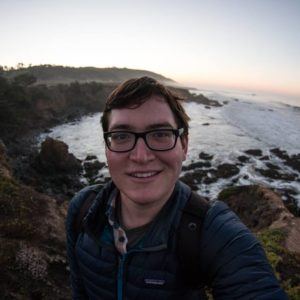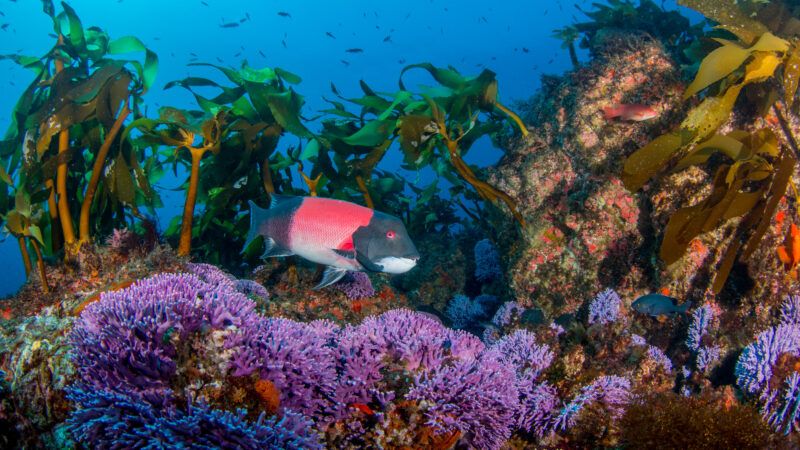
Awardee: Zack Gold
Department: Ecology and Evolutionary Biology
Bio: Zachary Gold is a PhD Candidate at UCLA in Professor Paul Barber’s lab researching the effects of multiple human stressors on marine ecosystems using novel environmental DNA (eDNA) techniques. The main focus of his PhD is to use novel eDNA tools to comprehensively survey marine biodiversity in Southern California to understand how different management strategies and climate change effect marine biodiversity. He received a B.S. in Marine Biology with Honors from Stanford University in 2015. He is a Udall and NOAA Hollings scholar, NSF Graduate Research Fellow, and a National Geographic Young Explorer.
Project Summary: This project uses novel eDNA techniques to identify larval fishes from hundreds of ethanol-preserved plankton samples collected by the California Cooperative Oceanic Fisheries Investigations (CalCOFI) program between 1998 and 2019 with the aims to 1) evaluate the effectiveness of eDNA to accurately identify larval fishes by comparing genetic and visually identified samples; and 2) demonstrate the utility of eDNA by addressing important management questions that are cost prohibitive by using current methods, such as investigating changes in Southern California rockfish assemblages across two decades in response to climate change and large MPA implementation.


